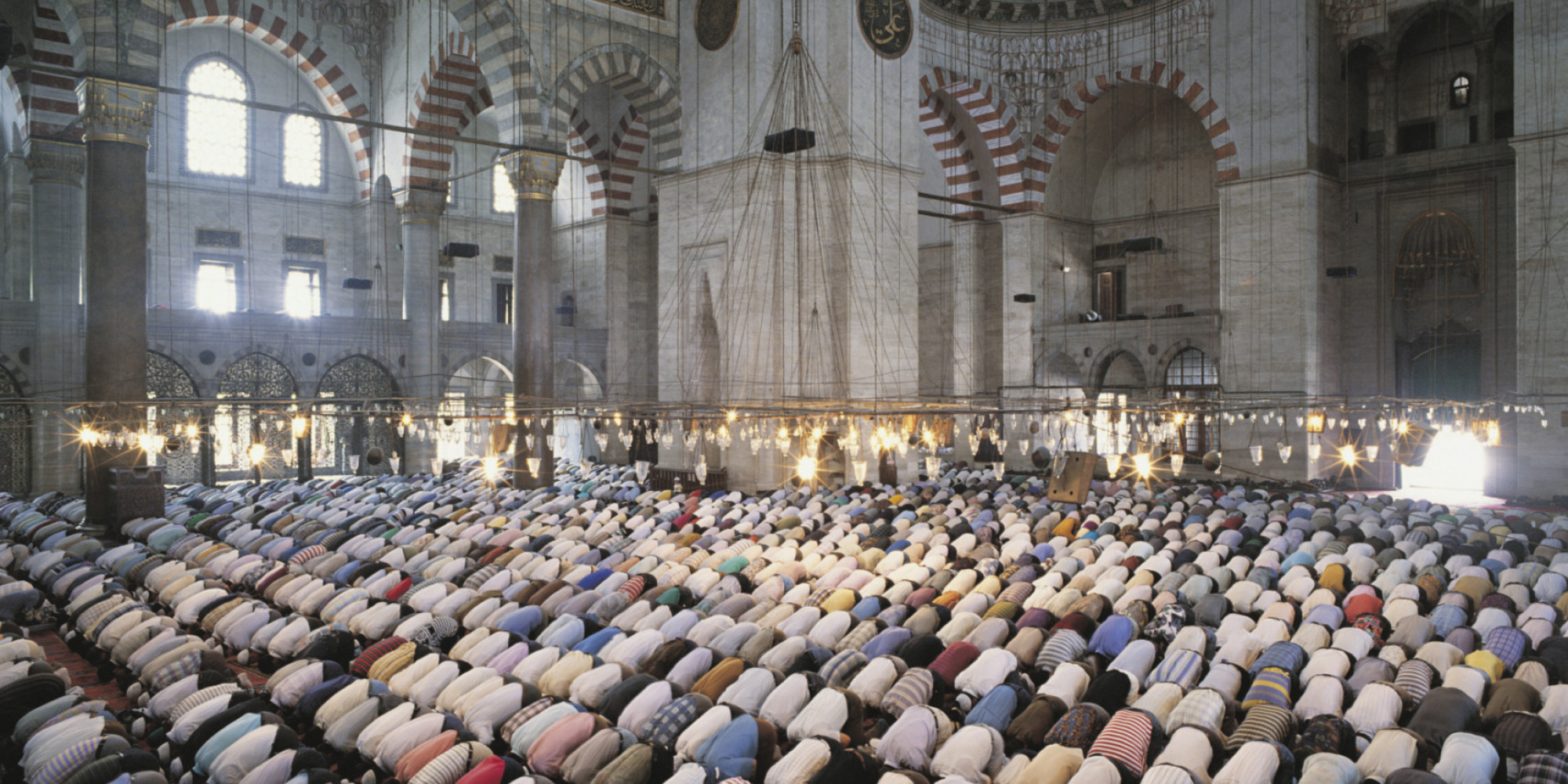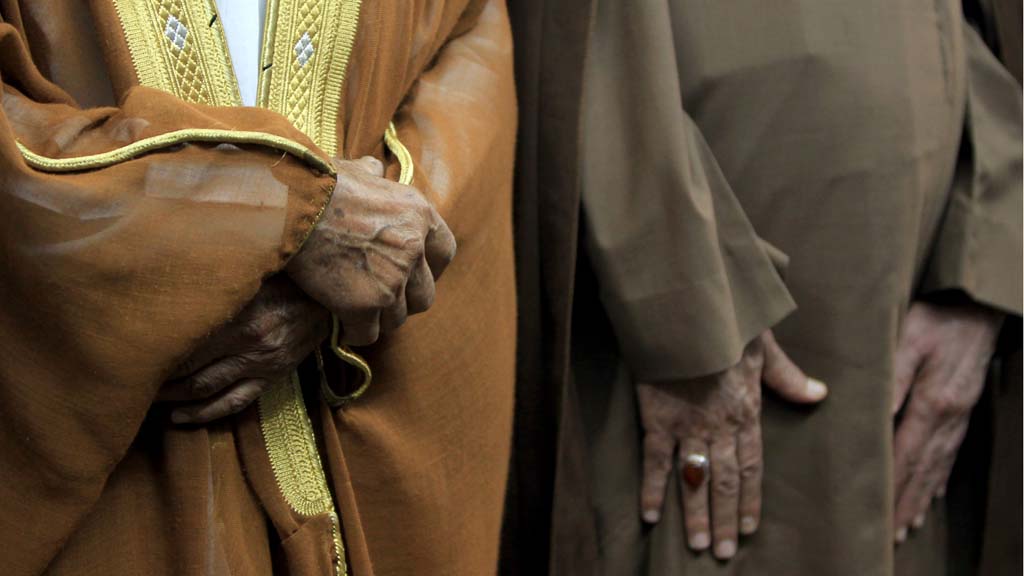Islam is one of the world's major religions, and its followers, known as Muslims, practice their faith in diverse ways across the globe. However, many people often confuse the terms "Muslim" and "Islam," assuming they are interchangeable. While closely related, these terms represent distinct concepts. Understanding the differences between Muslim and Islam is essential for fostering mutual respect and combating misinformation.
Islam refers to the religion itself, encompassing its beliefs, practices, teachings, and principles. It is a comprehensive way of life that provides guidance for spiritual, social, and moral aspects. On the other hand, Muslims are the individuals who adhere to the principles of Islam, practicing its rituals and following its teachings.
In this article, we will delve into the nuances of these terms, exploring their meanings, historical context, cultural implications, and how they shape the lives of millions worldwide. By the end of this article, you will have a clearer understanding of the distinctions between Muslim and Islam and how they interact within the global community.
Read also:Pelvic Floor Therapy Benefits Unlocking The Secrets To A Stronger Healthier You
Table of Contents
- What is Islam?
- Who Are Muslims?
- Core Beliefs of Islam
- Practices of Muslims
- Cultural Diversity Among Muslims
- Historical Perspective of Islam and Muslims
- Common Misconceptions About Muslim and Islam
- Islam in the Modern World
- Role of Muslims in Society
- Conclusion
What is Islam?
Islam is a monotheistic religion that originated in the Arabian Peninsula in the 7th century. The word "Islam" comes from the Arabic root word "silm," which means peace, submission, and obedience. At its core, Islam emphasizes the submission to the will of Allah (God) and following His guidance as revealed in the holy book, the Quran.
The religion is based on the Five Pillars of Islam, which serve as the foundation of a Muslim's faith and practice. These pillars include the declaration of faith (Shahada), prayer (Salat), charity (Zakat), fasting during Ramadan (Sawm), and pilgrimage to Mecca (Hajj). Islam also emphasizes moral conduct, social justice, and the importance of community.
Historical Background of Islam
Islam was founded by the Prophet Muhammad (peace be upon him) in 610 CE when he received the first revelation from Allah through the Angel Gabriel. Over the next 23 years, Muhammad continued to receive revelations that were later compiled into the Quran. Islam quickly spread across the Arabian Peninsula and beyond, becoming one of the fastest-growing religions in history.
Who Are Muslims?
Muslims are individuals who believe in Islam and follow its teachings. They come from diverse backgrounds, cultures, and ethnicities, forming a global community known as the Ummah. Muslims adhere to the principles of Islam and strive to live their lives according to its teachings.
Demographics of Muslims Worldwide
- Muslims constitute approximately 1.9 billion people globally, making up about 24% of the world's population.
- The majority of Muslims live in Asia, with Indonesia being the largest Muslim-majority country.
- There are significant Muslim populations in the Middle East, North Africa, and parts of Europe and North America.
Core Beliefs of Islam
The core beliefs of Islam are encapsulated in the Six Articles of Faith, which include belief in:
- One God (Allah)
- Angels
- Prophets and Messengers, including Adam, Moses, Jesus, and Muhammad
- Holy Scriptures, such as the Quran, Torah, and Psalms
- Day of Judgment
- Divine Destiny
These beliefs form the foundation of Islamic theology and guide the spiritual lives of Muslims.
Read also:Who Is Sonja Morgans Exhusband A Comprehensive Look At Her Past And Relationships
Practices of Muslims
Muslims practice their faith through various rituals and traditions, which are rooted in the teachings of Islam. Some of the key practices include:
- Prayer (Salat): Muslims pray five times a day facing the Kaaba in Mecca.
- Charity (Zakat): Muslims are required to give a portion of their wealth to those in need.
- Fasting (Sawm): Muslims fast during the month of Ramadan to develop self-discipline and empathy for the less fortunate.
- Pilgrimage (Hajj): Muslims who are physically and financially able are required to perform the pilgrimage to Mecca at least once in their lifetime.
Cultural Diversity Among Muslims
While Islam provides a unified framework for belief and practice, Muslims around the world express their faith in diverse ways. Cultural traditions, language, and local customs often influence how Islam is practiced in different regions. For example:
- In Southeast Asia, Muslims incorporate traditional music and dance into their celebrations.
- In North Africa, Islamic art and architecture reflect the region's unique history and culture.
- In Europe and North America, Muslims often adapt their practices to fit the modern, multicultural context.
Historical Perspective of Islam and Muslims
Throughout history, Islam has played a significant role in shaping civilizations and fostering intellectual and cultural advancements. From the Golden Age of Islam to the spread of Islamic empires, Muslims have contributed to fields such as science, medicine, mathematics, and philosophy. Understanding the historical context of Islam and Muslims is crucial for appreciating their impact on the world.
Islamic Contributions to Science and Culture
Islamic scholars during the medieval period made groundbreaking discoveries in astronomy, mathematics, and medicine. Their works were later translated into Latin and influenced European Renaissance thinkers. Some notable contributions include:
- Al-Khwarizmi's development of algebra
- Ibn Sina's (Avicenna) Canon of Medicine
- Al-Razi's advancements in chemistry
Common Misconceptions About Muslim and Islam
There are many misconceptions about Islam and Muslims that have perpetuated stereotypes and misunderstandings. Some of these include:
- Islam promotes violence: In reality, Islam teaches peace and justice, and the vast majority of Muslims live peacefully.
- All Muslims are the same: Muslims come from diverse backgrounds and practice their faith in various ways.
- Women are oppressed in Islam: Islamic teachings emphasize equality and protection of women's rights, although cultural practices may vary.
Islam in the Modern World
In today's globalized world, Islam continues to influence political, social, and cultural landscapes. Muslims face challenges such as discrimination, Islamophobia, and integration into Western societies. At the same time, they contribute positively to their communities through education, business, and social activism.
Addressing Islamophobia
Islamophobia, or prejudice against Muslims, has become a growing concern in many parts of the world. Educating people about the true nature of Islam and promoting interfaith dialogue can help combat this issue and foster greater understanding.
Role of Muslims in Society
Muslims play vital roles in their communities, contributing to various sectors such as healthcare, education, and the arts. They also work towards social justice, advocating for the rights of marginalized groups and promoting peace and harmony.
Conclusion
In conclusion, understanding the differences between Muslim and Islam is crucial for fostering mutual respect and combating misinformation. Islam is a religion that provides guidance for all aspects of life, while Muslims are the individuals who practice its teachings. By exploring the core beliefs, practices, and cultural diversity of Muslims, we can appreciate the richness and complexity of this global community.
We invite you to share this article with others and engage in meaningful conversations about Islam and Muslims. For further reading, explore our other articles on religious and cultural topics. Together, we can build a more informed and inclusive world.


